Considerations for an NFT Marketplace
Today’s e-commerce marketplaces need to evolve to support Web3 and NFTs and eventually transform themselves for the Metaverse.
An NFT Marketplace is a Web3 enabled platform to trade virtual properties such as images, videos, documents, memes, gifs, etc in the form of non-fungible tokens. It is a decentralized platform where the digital assets can either be sold at a fixed price or through an auction. Most marketplaces in the market today require that participants, both buyers and seller, have an electronic wallet and pay in cryptocurrency in order to complete a transaction. The most popular NFT Marketplaces are OpenSea, Nifty Gateway, Rarible, SuperRare, that trade a variety of digital assets from a variety of brands. A custom NFT marketplace, on the other hand, is a personalized online platform for an individual, a company, or a brand that trades only the company’s or brand’s digital assets with add-on features carefully selected to attract your target audience, satisfy your customers’ needs, and present your brand the way you want to.
A Brief Explanation
With a custom NFT marketplace, content creators convert their digital assets into NFTs and sell them according to their terms and conditions. Creators can customize it to attract a large number of clients and develop their business. Entrepreneurs can build their own NFT marketplaces and transform their digital assets into NFTs and sell them. These marketplaces are developed on well-known and reliable blockchain networks through which transactions are made in a decentralized way which means that there is no need for third party financial gatekeepers such as banking institutions. It requires less time and expense for its initiation as compared to building an NFT marketplace from scratch.
There are several advantages and features for brands to seriously consider when creating their own NFT marketplaces:
- The need to build their NFT marketplaces from scratch or work with an experienced team to white label a solution. with a list of add-on features to choose from.
- Security of private information and prevent doxxing of wallets
- Ease of integration with a plethora of wallets now available across global markets
- The need to audit smart contracts and ensure that there are no technical flaws in the architecture and design
- Time to market is a major decider for enterprise projects, and should have as little time as required for its development and onboarding users
- Flexibility to accept payments in either cryptocurrency or fiat
- Easy and flexible onboarding process as there is an option to allow participants to complete transactions without a pre-established electronic wallet
- Storage and security of digital assets and how not to create the next generation Napster
- Analytics that allow users to find all the details of a particular NFT and track its previous transactions.
These are but just a handful of issues that businesses need to think about when creating their own marketplaces and their own Web3 and NFT strategies. Engaging with The NFT Brewery early on is the best way to ensure that costly mistakes can be avoided and businesses can add utility to their NFTs in ways that engage with their users and consumers. The NFT market has seen a rapid growth since 2021 due to an immense appetite from the younger generation of consumers. As a generational shift, this trend is on an upswing and it is a great time for brands and enterprises to build and deploy an NFT marketplace and lay the foundations for their Web3 and Metaverse strategies.
